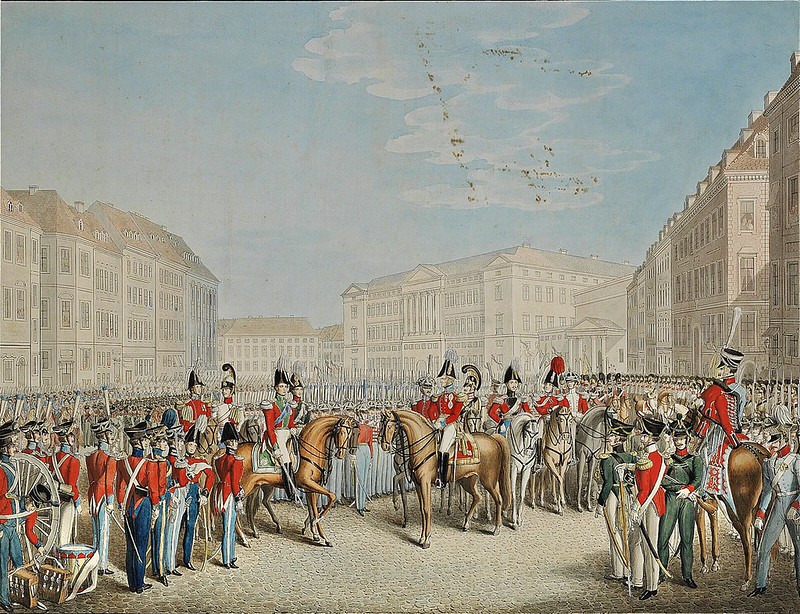Joseph Leopold Eybler (1765-1846)
- Concerto (B-Dur) per il Clarinetto (c.1798), HV 160
Performers: Peter Rаbl (clarinet); Concіlіum Musicum Wien; Paul Angеrеr (1927-2017, conductor)
---
Austrian composer. After early musical studies with his father, a choir
director and schoolteacher in Schwechat, he enrolled at St. Stephen’s
choir school, where his distantly related cousins Joseph and Michael
Haydn had studied. From 1776 to 1779 he also took lessons in composition
from Johann Georg Albrechtsberger. In 1782 the choir school was
temporarily dissolved and he began legal studies at the university but
when a fire destroyed his family home he had to earn his living as a
musician. During several difficult years of apprenticeship Joseph Haydn
helped him. He was also befriended by Mozart, who commissioned him to
help coach the singers for the first performance of Così fan tutte.
Towards the end of his life, Mozart came into even closer contact with
Eybler, and seems to have greatly valued his honesty, modesty and
devotion. Eybler later wrote: ‘I had the good fortune to keep his
friendship without reservation until he died, and carried him, put him
to bed and helped to nurse him during his last painful illness’. In 1792
he became choir director at the Carmelite Church, and two years later
obtained a position at the Schottenkloster, retaining the post for 30
years. In 1803 at Empress Maria Theresa request he wrote his Requiem in
c-moll. It was perhaps the success of this work which led to his
appointment in 1804 as deputy Hofkapellmeister under Salieri. After
Salieri's retirement in 1824 he succeeded him as Hofkapellmeister. In
1833 he ironically suffered a stroke while conducting Mozart's Requiem
which left him unable to continue his duties at court. He spent his
final years with his family, receiving numerous honours and being raised
to the nobility by the emperor in 1835. As a composer, his works
include two operas, 33 Masses, 37 graduals, 34 offertories, four
antiphons, four oratorios, seven Te Deums, 11 hymns, five other sacred
works, 16 Lieder and numerous choral pieces and canons, three
symphonies, six sinfonia concertantes, a clarinet concerto, a
divertimento, over 100 dances, a sextet, four quintets, nine quartets,
and six sonatas. His music is characterized by bold harmonies and a
sense of drama expressed in orchestral color.

Cap comentari:
Publica un comentari a l'entrada